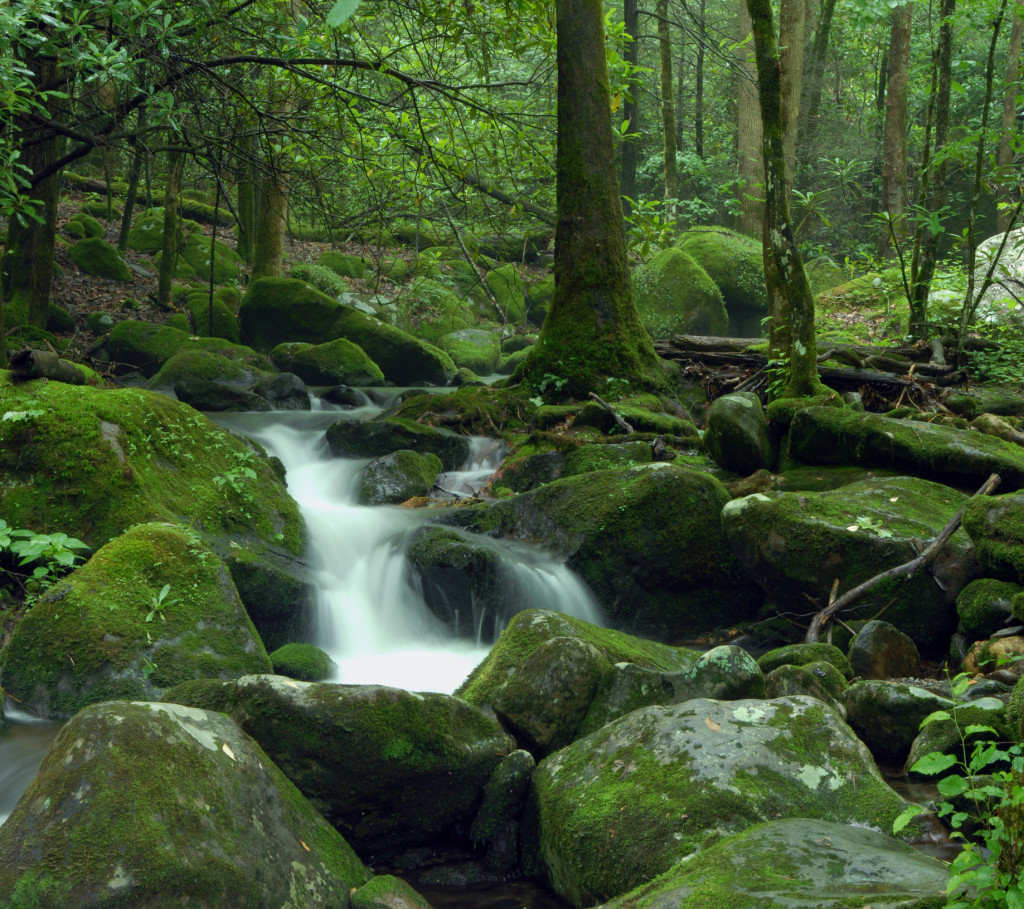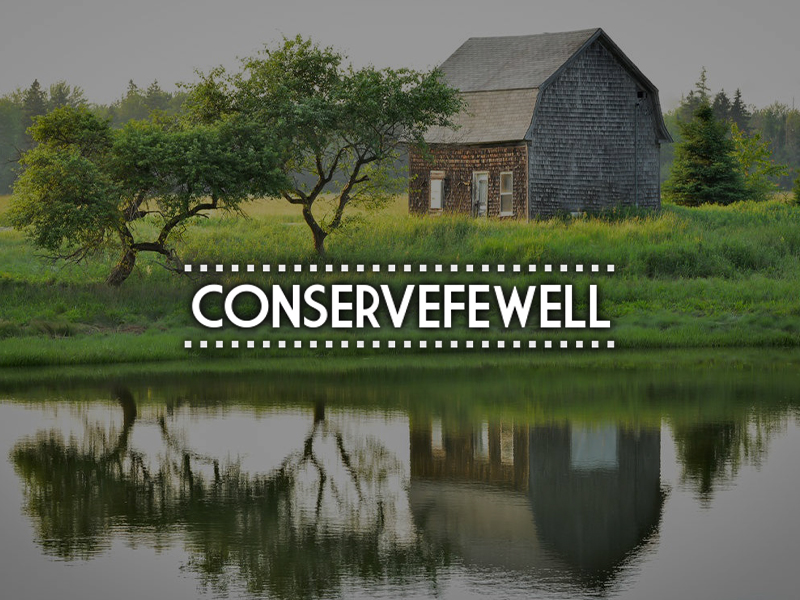This week, the EPA finally drove a stake through the heart of the Obama-era clean water rule. While many farmers and landowners praise the action as an end to overreaching government, others criticize it as a rollback of important environmental protections.
“No one wants to fish a lake covered in toxic algae, duck hunt in a bulldozed wetland, or pitch a tent next to a creek filled with feces,” says Collin O’Mara, president and CEO of the National Wildlife Federation. “Unfortunately, this Administration is working on multiple fronts to rewrite the rules that protect our waters, hoping no one will notice. The collective impact of these changes would be devastating for public health and wildlife across the country—and we will continue to fight to protect America’s waterways every step of the way.”
Contrast this with the Farm Bureau’s message:
“The Montana Farm Bureau has opposed this rule since it was devised in 2015,” said MFBF President Hans McPherson. “As farmers, ranchers and landowners, WOTUS would have put excessive, onerous regulations on any prairie pothole or ephemeral stream in the country. We saw the map of what would have been considered a WOTUS in Montana, and amount of area that would have been considered a WOTUS was staggering. Thanks goodness common sense has prevailed.”
Many have asked my thoughts on the ongoing controversy, given my years of work protecting wetlands and time at EPA trying to navigate toward greater clarity on federal jurisdiction over our Nation’s waters. I’ve had the good fortune of seeing the issue from both sides, as a young upstart at NWF advocating for President Bush’s policy of No Net Loss of wetlands and then as an advocate for landowners seeking federal permits to develop their land.
It’s fair to say I’m of mixed mind regarding this past week’s developments. I’ve offered my thoughts before on the need for balance.
On one hand, the clean water rule overreached in ways that were politically untenable. Yet, on the other hand, the water and wildlife resources it sought to protect are vital to the health and well-being of communities across the Nation. And let me just add, for those cheering the demise of the Obama rule and call for an end to EPA, those at EPA involved in crafting the rule, many of whom I call friends, did make a good faith effort to create greater clarity and regulatory certainty.
The problem with the rule is the clarity it created in many cases meant more federal jurisdiction. Thus the outcry by farmers, developers and landowners.
The meaning of “regulatory certainty” matters where you sit. If you are a farmer, certainty means the freedom to plow your fields and care for your property free from the edicts of faceless bureaucracies in Washington DC. For hunters and wildlife enthusiasts, it means ensuring that wetlands critical to waterfowl, fish and other critters have the habitat needed to raise their young and thrive. It means reducing pollution that continues to foul the waters from which we drink and beaches where we recreate.
In the end, the resource issues are too important to manage by guidance or by a swinging regulatory pendulum. Many states will continue to pick up the slack and fill the gaps of regulatory uncertainty. That’s a good thing. The federal government will continue to fumble around for a reasonable rational response, while Congress remains paralyzed by partisan bickering.
In the end, I remain confident that the American public can and will find a compromise and a path forward that balances the protection of our environment while respecting private property rights. To do so, however, we need leaders from both sides to step forward with the courage to find that right balance.


